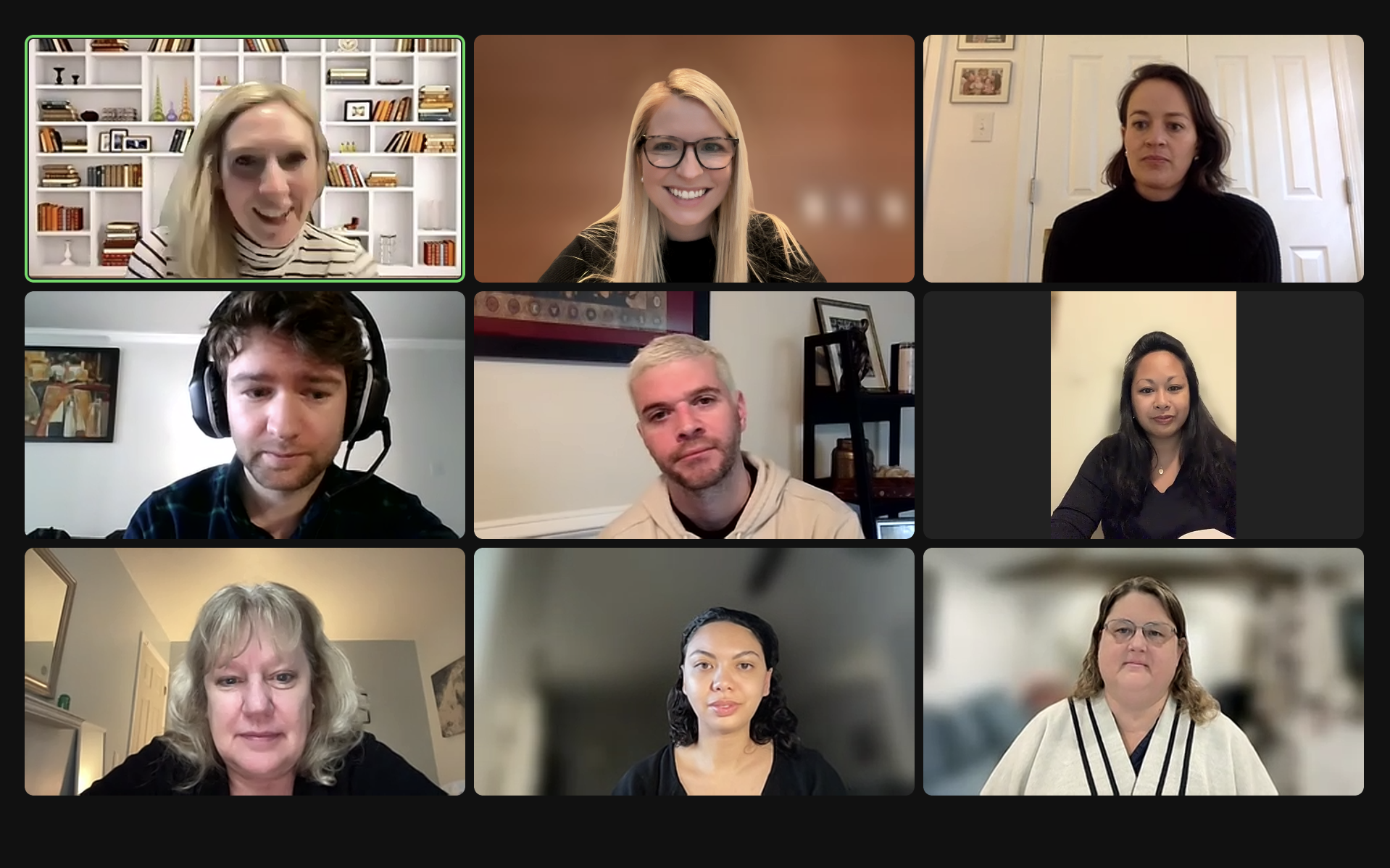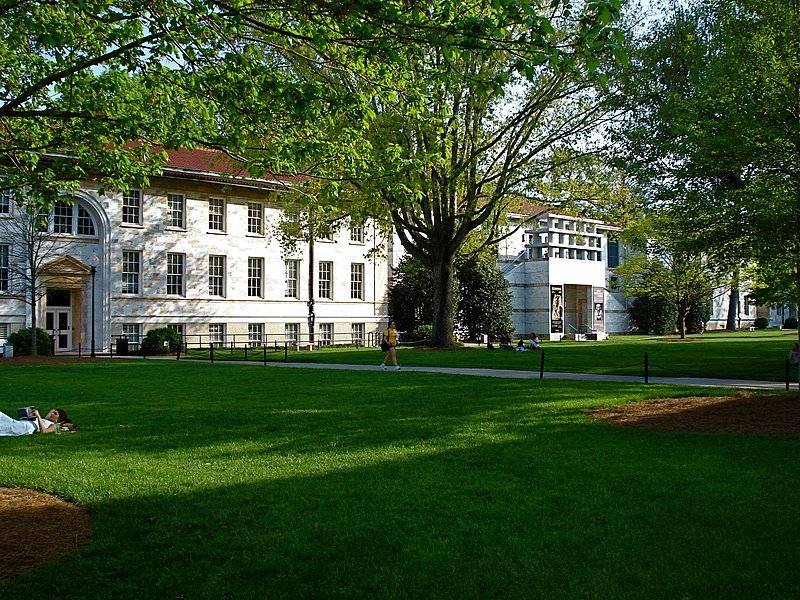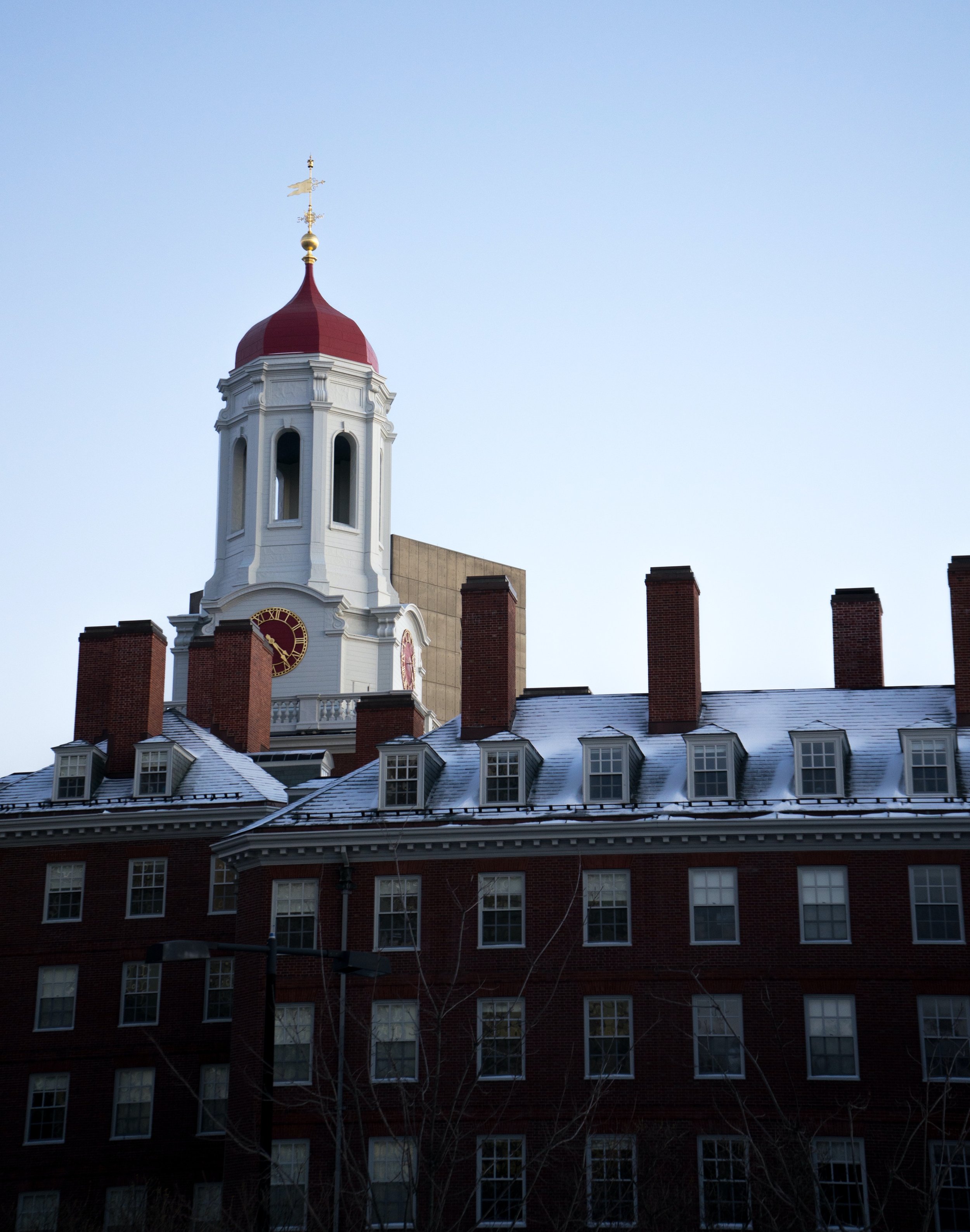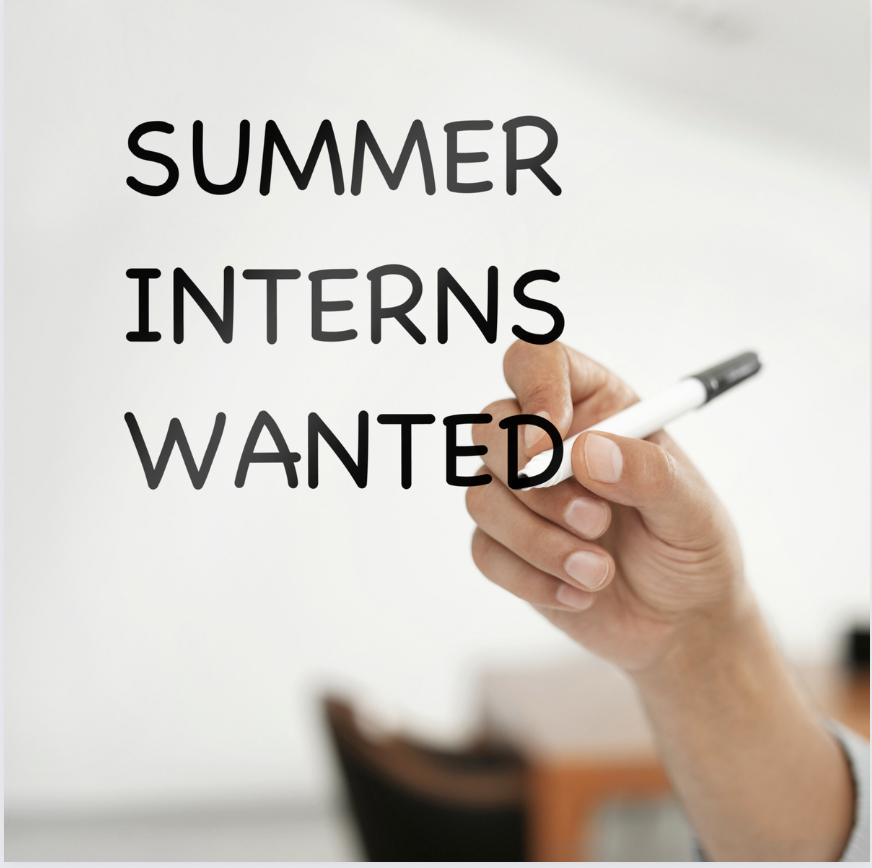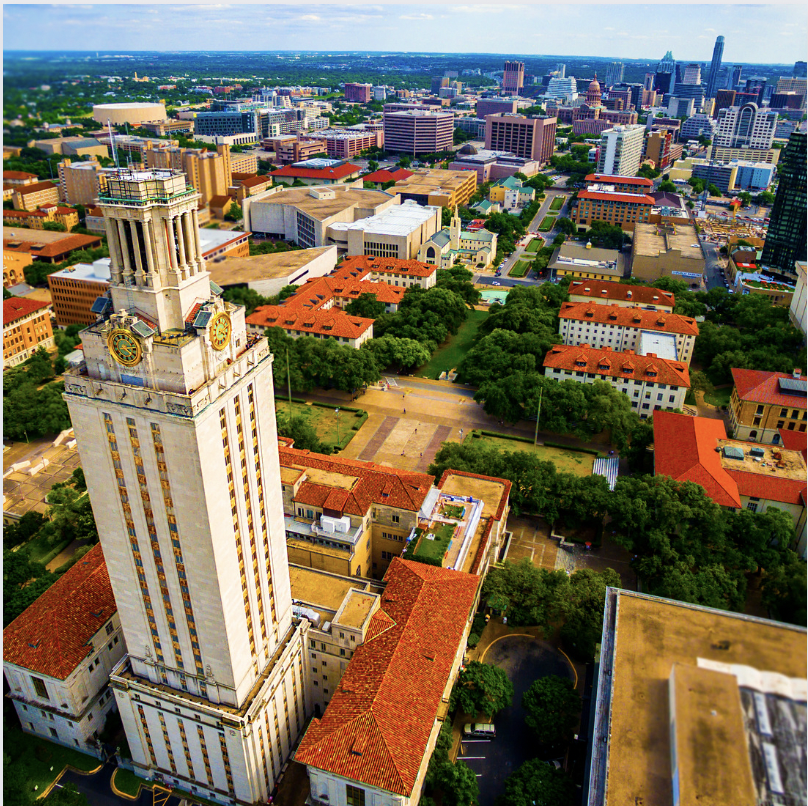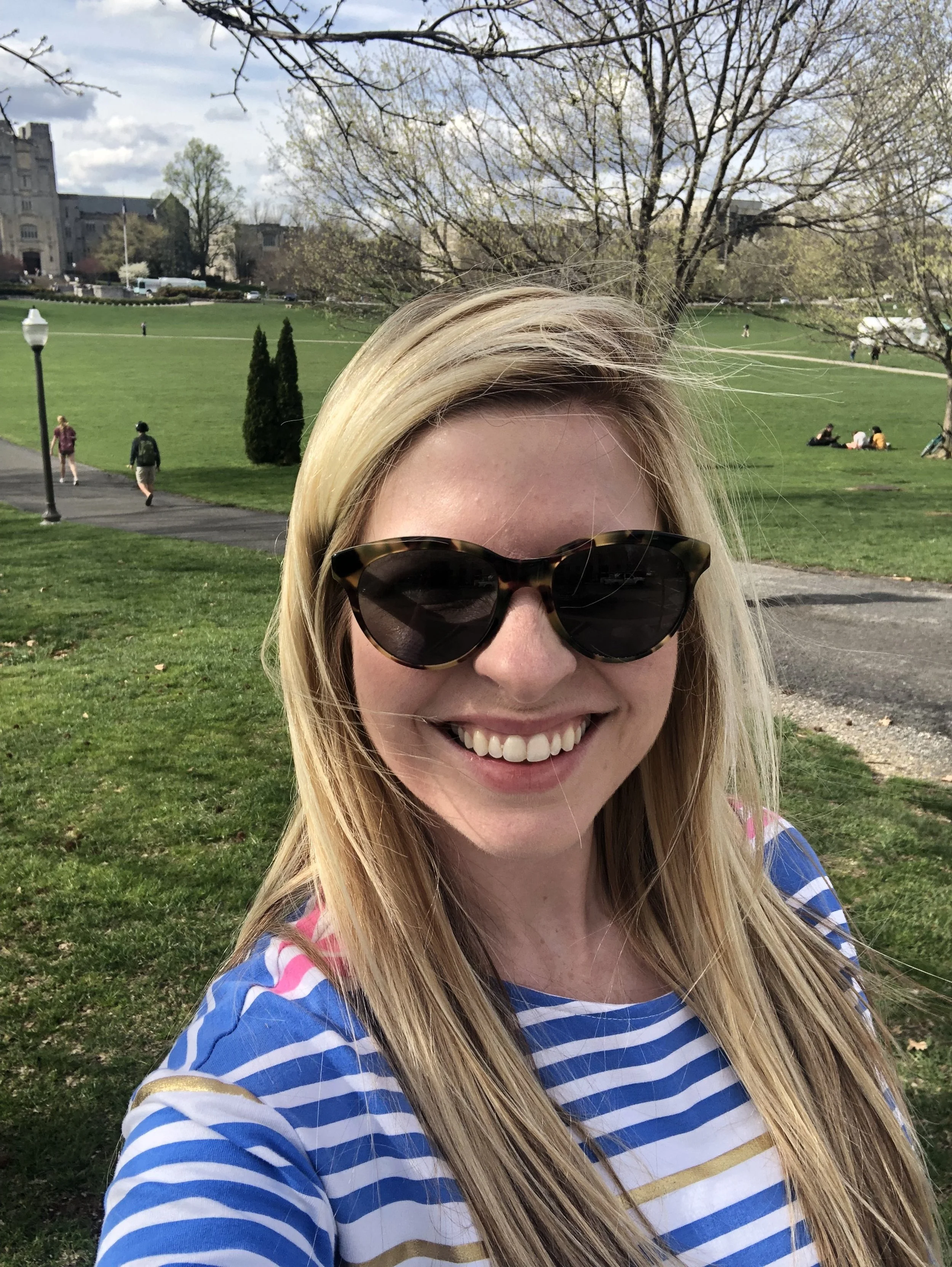Well, it’s been a minute…but we’re back! Get ready for more regularly-scheduled blog content as we roll into the busy summer season!
BIGGEST COLLEGE-RELATED NEWS OF THE WEEK
Harvard vs. Trump: The Battle Continues for Academic Freedom
Unless you’ve been living under a rock, you’re likely aware of the legal and policy battles between the Trump administration and the nation’s oldest and most renowned university…but if you need a quick refresher, here goes! Broadly speaking, President Trump has attempted to freeze over $2 billion in contracts and grants to Harvard unless it agrees to revise its curriculum in a way that reflects Trump-era values. Additionally, following his anti-immigration policies, President Trump is trying to prevent Harvard from enrolling international students and to force current foreign students away or risk losing their student visas. For now, Harvard seems to be winning the fight with an initial court victory protecting international students. But the issue is really a question of whether the federal government has a right to tell universities what they can teach and who they can enroll - a question that has many other colleges concerned.
More Madness in March?
Contrary to earlier statements, it seems like NCAA President Charlie Baker is now pushing to expand March Madness as early as 2026! If his vision comes true – and it seems the Big 12 mostly supports the idea – we might be seeing anywhere between 72 and 76 teams next year. Not everyone is in favor, of course, but I think more competition is generally a good thing! Maybe 2026 will be the year of the underdog (here’s looking at you, Indiana!).
Varsity Blues Part II: USC Coach on Trial…Again
The infamous 2019 Varsity Blues scandal is making news once again here in 2025! It’s been 6 years since the investigation into the criminal college admissions scam in which parents, coaches, and university officials conspired to sneak wealthy students into top schools. However, just this past week, former USC water polo coach Jovan Vavic returned to court over complex legal questions regarding the misrepresentation of evidence during his initial trial. Ultimately, his conviction was reinstated. What it means for Vavic: a possibility of three years in jail. What it means for colleges: a timely reminder to accept students based on merit, not money.
MIT 2025 Class President Banned from Commencement Ceremony after Pro-Palestinian Speech
Tensions can still be felt on college campuses during this year’s commencement period as the war in Gaza continues to divide opinions. MIT’s class president, Megha Vemuri, delivered a commencement speech that called out the university’s complicity in what she described as an “assault on the Palestinian people.” The speech was quite different from what Vemuri had submitted to the university and led to many Jewish students walking out – as well as Vemuri being prohibited from walking at her own graduation.
BEST ARTICLES OF THE WEEK
It is impossible to think about the future of higher education without considering the impact of the current presidential administration as well as the values of a generation raised amidst economic uncertainty, a pandemic, and social media pressures. From admissions to education, campus life to preparing for life after college, the nature of college itself is changing considerably – and we want to make sure you’re aware.
For instance, while we aren’t sure just yet how many students will be heading abroad for college this year, those who are cite concerns about the presidency as well as issues with diversity and decreases in university funding as the main reasons why they are seeking their college education outside of the United States. The New York Times interviewed several students about their decisions to study abroad, including Aaron Dowd, a Maryland high school senior who will be heading to the University of Toronto thanks to the massive cuts to the National Institutes of Health and other research institutions.
For others, issues regarding racial and gender identity and the eradication of DEI programs are making international study a more appealing option than ever before - although it might be worth considering what students themselves have to say about the results of the scaling back of DEI on college campuses.
The appeal of studying abroad, fears about the impacts of the current administration on college life and the career world after, and general economic uncertainty have led to some other major changes in the college acceptance process. As New York Magazine points out, “colleges across the country are competing for a shrinking pool of students,” and declining rates in student enrollment have made many schools desperate – even to the point of offering incredibly generous financial aid packages at the very last minute!
One sentence from the article mentioned above really stands out to me: “It appears that this kind of last-minute deal-making will also be the new normal.” While I don’t know that this is true just yet – or that it’s something that should be a factor in determining where to apply – I think it’s an important reminder that you shouldn’t rush to make that final decision. Even if you get a great offer for your #1 choice, wait and see if any other top schools on your list are ready to bargain!
In a slight change of topic, The Washington Post pointed out this week that many colleges are changing the curriculum to help better prepare students for the work environment. While older generations grumble about the younger's lack of basic professional skills – much of which resulted from being stuck at home during the pandemic – Gen Xers and millennials have much to learn from the efficiency of Gen Z as well as their desire for a better work-life balance. So keep an eye out for some of these newer courses on how to behave during a meeting, for instance, but also expect colleges to start investing more in supporting the values of their undergraduates so they can find meaningful work after college.
OFFICE HAPPENINGS
And back at DCCC, it’s letter of recommendation season! Our team is working with juniors to prepare letters that will help teachers and counselors boast about them. High school teachers write tons of recommendations, so having the kind of personalized and detailed letter we help our clients create is a great way to ensure that they receive a glowing rec. Admission is based on so many factors, including how well you are going to fit into the college community, and a detailed, specific recommendation letter helps to tell the story of who you are to the admissions folks.
So as we head into these final few weeks of high school classes, make sure to leave great last impressions on your teachers – but also don’t forget to have fun! It’s so much work at the end, but it’s also exciting to know that summer is right around the corner.











